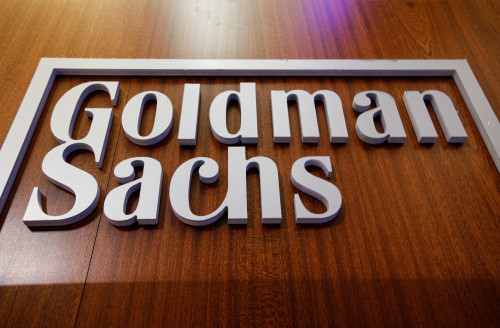By Nell Mackenzie
LONDON (Reuters) -Hedge funds last week ditched tech stocks at the fastest pace in six months and at the highest levels in five years, according to Goldman Sachs, as world markets tumbled on worries over U.S. President Donald Trump’s April 2 tariff deadline.
Import tariffs and retaliation by U.S. trade partners, along with government cutbacks under Trump have stoked fears in recent weeks that the U.S. economy might tip into recession.
Hedge funds fled tech stocks last week, dropping long positions and getting out of bets against these stocks, Goldman said in a note to clients on Friday and seen by Reuters on Monday.
A short position expects an asset value to fall, whereas a long bet hopes it will rise.
Info tech, which includes so-called Magnificent-7 tech stocks, was “by far the most net sold on the Prime book this week”, said the note, referring to the bank’s prime brokerage desk which lends to hedge funds and tracks their trades.
Analysts at Edmond de Rothschild on Monday linked the downward trend in many of these stocks to the expected copper tariffs due to come into force on April 2.
Hedge funds are increasingly betting against stocks, with Nvidia, Advanced Micro Devices and Tesla as their top three shorts placed on Wednesday, a Morgan Stanley note said on Thursday.
U.S. tech stocks made up about 75% of the selling last week, said Goldman. The selling centered on companies that make AI-related tech hardware, said the bank.
Total hedge fund exposure to this sector of stocks now stands at a five-year low, said Goldman.
Hedge funds had bought tech stocks in the middle of March, but sold them last week, noted another dataset from JPMorgan. Strong retail buying might also have impacted hedge fund positions, said the JPMorgan note to clients on Friday.
A short squeeze occurs when a stock price rises so much that bearish bets become too expensive to hold and investors are forced to buy them back, sometimes at a loss.
“With the tariff news, it was interesting that hedge fund flows and positioning might suggest they’re already somewhat prepared—at least in terms of key areas that have been in focus,” said the JPMorgan note.
(Reporting by Nell Mackenzie; editing by Dhara Ranasinghe and Mark Heinrich)


